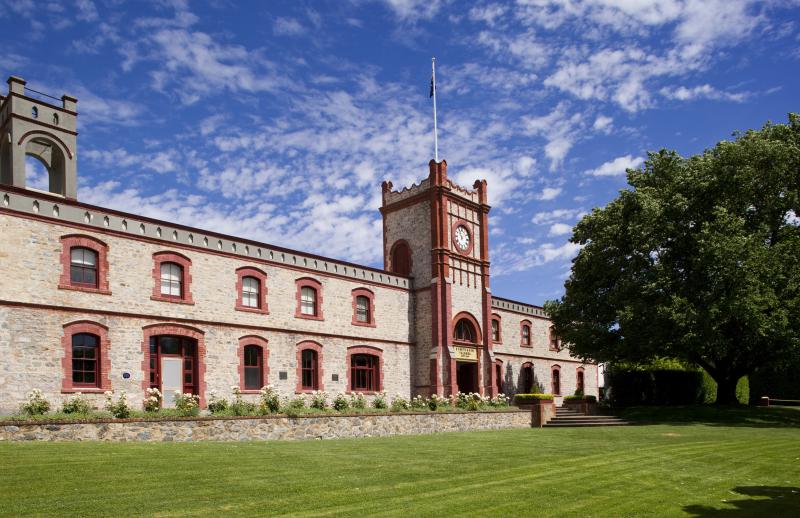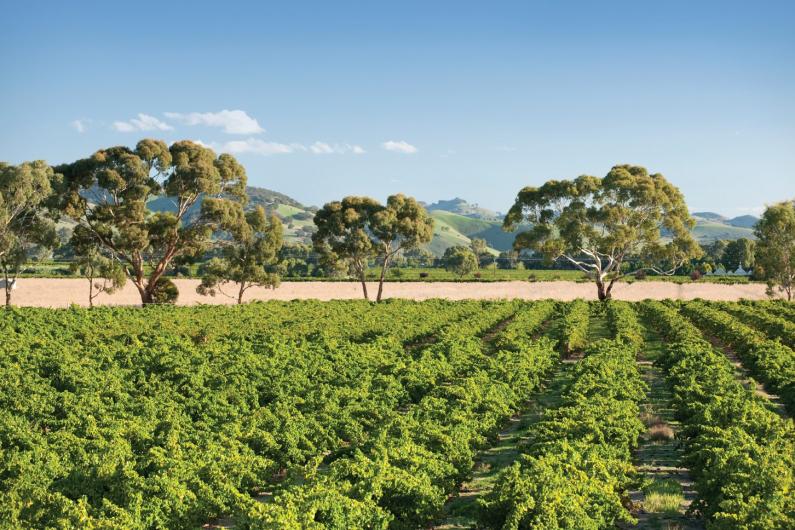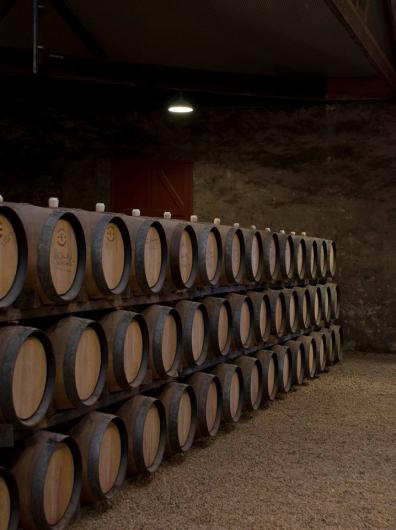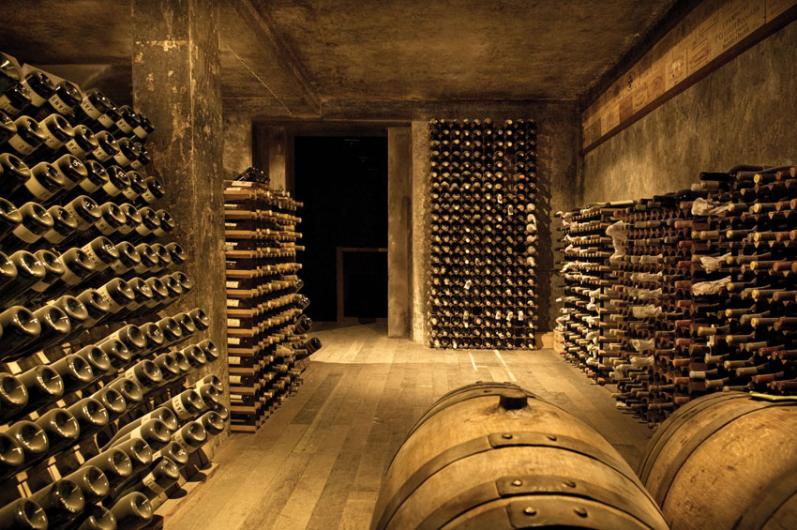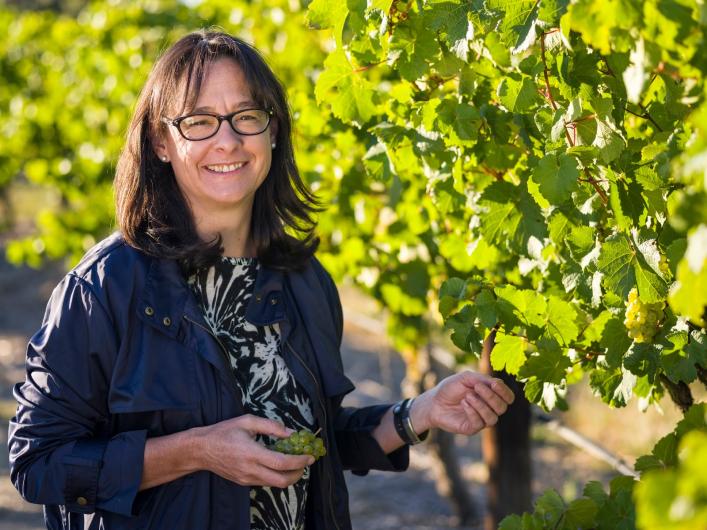Yalumba
Organic Viognier
Yalumba
Organic Viognier
Located on the Murray River at Loxton, the Barich family property features a beautiful organic vineyard that produces wonderful Viognier. Since the 2011 vintage these grapes have been complemented by the Bassham family’s vineyard in Barmera. Meticulous hand detailed work in both vineyards ensures the grapes are in perfect condition when they are picked.
Wine Production
Made with organic winemaking techniques this wine was fermented with indigenous yeast and little intervention from the winemaker.
Tasting Notes
Pale straw in colour with green hues, and enticing aromas of fennel, apricot nectar, jasmine and curry leaf. On the palate apricot nectar and fennel are joined by white flowers and star fruit leading to a creamy, rich and long mid palate with Asian five spice on the finish.
Food Pairing
Pair with red duck curry; pad Thai; or red lentil dhal with spinach.
Located on the Murray River at Loxton, the Barich family property features a beautiful organic vineyard that produces wonderful Viognier. Since the 2011 vintage these grapes have been complemented by the Bassham family’s vineyard in Barmera. Meticulous hand detailed work in both vineyards ensures the grapes are in perfect condition when they are picked.
Wine Production
Made with organic winemaking techniques this wine was fermented with indigenous yeast and little intervention from the winemaker.
Tasting Notes
Pale straw in colour with green hues, and enticing aromas of fennel, apricot nectar, jasmine and curry leaf. On the palate apricot nectar and fennel are joined by white flowers and star fruit leading to a creamy, rich and long mid palate with Asian five spice on the finish.
Food Pairing
Pair with red duck curry; pad Thai; or red lentil dhal with spinach.
Brand Materials
Vineyard & Production Info
Winemaking & Aging
About the Vineyard
A wet winter in 2016 replenished the soils of the vineyard. From August until mid summer, below average temperatures prevailed, late December rain was ideal for the vines to grow their protective canopies. The mild summer weather meant the grapes were able to ripen slowly on the vine and be harvested full of flavour.
